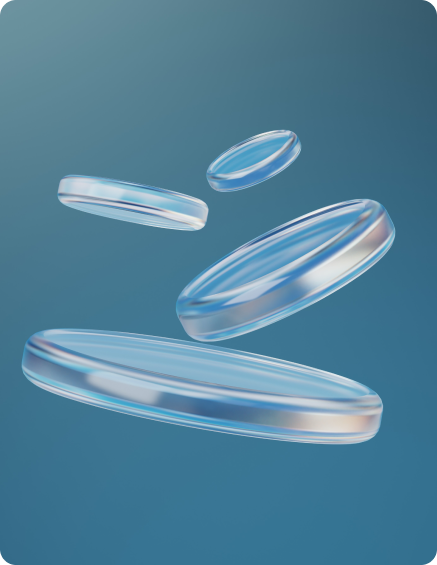What does it mean to be healthy? Answering this question can become a philosophical exercise. The World Health Organization defined health in 1986 as “a state of complete physical, mental and social well-being and not merely the absence of disease or infirmity.” I have always liked the WHO definition because it includes more than just being not sick. Unfortunately, I have found over my years of practice that people do just that. When I ask patients how they define health, all too often the response centers around not being sick and being able to do the activities they need/want to do today. Imagine if we viewed financial health in the same short-sighted manner! I’m not broke and I can buy what I need today.
My personal definition of health has, of course, evolved over the years. To me, being healthy is a lifestyle, a choice, a responsible way of living. Yes, that is correct, I believe that being healthy is a responsibility. I have a responsibility first and foremost to myself, followed by my family, my patients, friends, community, and last, but certainly not least, our socialized system of health care. By allowing myself to fall into disrepair, I can no longer be of service to all of those mentioned above, just the opposite. In fact, I become a burden to them.
I have not made this statement lightly. I appreciate that there are circumstances beyond our control that lead to states of reduced capacity and, occasionally dependence. At those times, we are certainly fortunate for the love and care that those around us provide. It is also at those times we rely on a robust and well-engineered healthcare system.
My perception of Health in 2021 and beyond is multifaceted. I want to be optimized, to be the best that I can be. I want to be pain-free. I want to run, jump, and play like I always have. I want to remain cognitively sharp, thinking clearly and efficiently. I want to be relevant, someone who’s opinion and views are valued and sought after. I want to be disease free. I want my metabolism to be operating at peak efficiency. I want this today at 55, but just as importantly, I want it at 60, 70, 80, 90 and 100!
Living to 100…. I had better take a moment to discuss my views on aging. Aging from a functional perspective can be sadly defined as an advancing state of dysfunction, pain, and “decrepitness”. From a purely statistical view, aging is simply the increasing risk of death with the passage of time. We could discuss aging and the study of aging, Biogerontology, but to really get into the weeds, we would need significantly more space than this monthly update allows.
When I ask people if they would like to live longer, many of them, the majority of them, think of the traditional view of aging and say quite firmly, “No”. But then I reframe the question. Imagine you could get older without aging; would you choose to live longer? That makes it very clear that getting older isn’t the problem, aging is.
Over the past 18 months, I have taken a deep dive into understanding the factors associated with aging. It has been an exciting time for me to dig into the research and come away with a newfound sense of hope. Hope that I may be able to change the trajectory of my aging. Aging is slowly becoming recognized as a disease that we may one day be able to cure. Our present understanding of the mechanisms which lead to ever-decreasing cellular and metabolic function and eventually manifest as aging has allowed us to take the first steps towards decreasing the rate at which humans age.
In order to take advantage of this rapidly evolving knowledge base, a new field of medicine is developing, Precision Medicine. There are several descriptions of Precision Medicine. The University of Calgary has a new postgraduate program starting this September and describes it as follows;
Precision Medicine represents a new and disruptive approach to the way health care is delivered, with the “precision” of care and wellness actions that are tailored to the individual makeup of each person. A lynchpin of this field is the direct application of “big data” molecular biology and computational tools in the clinical context. The promise of Precision Medicine (the scale of data production and the power of computational analytical tools) in Canada is to significantly improve the quality of care, the efficacy of prevention, and the economy of healthcare delivery.
I am pleased to be a member of the inaugural class this September! When I told my girls that dad was going back to university, the first thing they asked me was “Do you get a dorm room?!?!”.
I have always believed that how we age is a choice. Now I know it is and even better, that we have the ability to measure, monitor, and direct our aging process. Staying abreast of the science on a daily basis has proved as exciting as it is challenging. So much so, that we have recently engaged the services of two keen and extremely bright university science graduates to make it their daily mission to locate, digest and summarize the latest science.
My father-in-law said to me on his 75th birthday this month, “I realize now that I can buy anything I need, but I can’t buy time”. Taking a focused, precision approach to health may in fact increase an individual’s health span, the number of pain-free years lived in the absence of chronic illness.
The actionable takeaways of Precision Medicine, from a practical perspective, involve the following;
1. What can I do? Lifestyle and behavior optimization.
2. What can I take? Exogenous substances, or supplements.
3. What can I use? Devices and digital technology.
Precision Medicine will redefine our definition of health and aging. There are exciting times ahead. Stay tuned.
Dr. Rohan Bissoondath,
Medical Director


